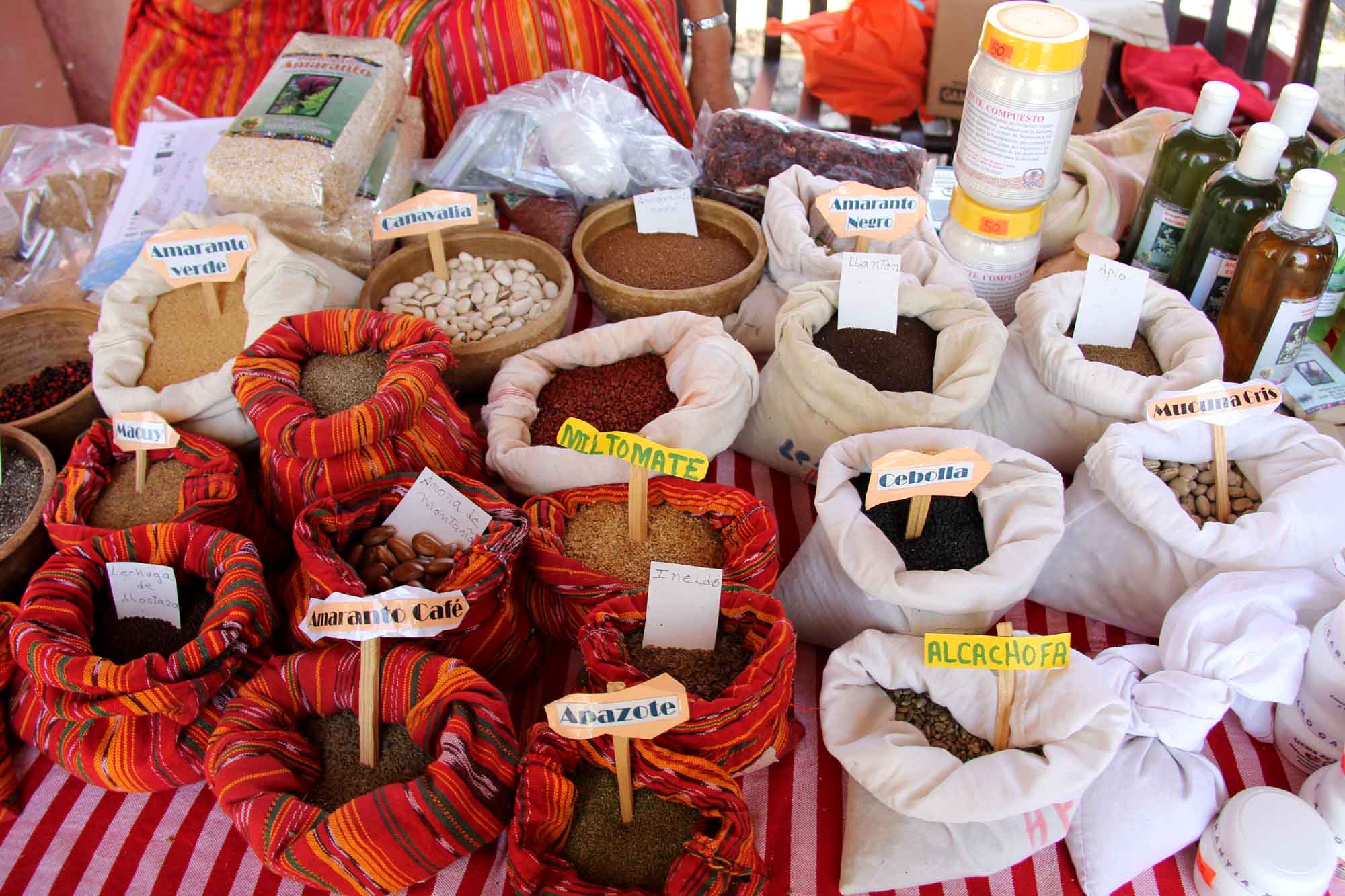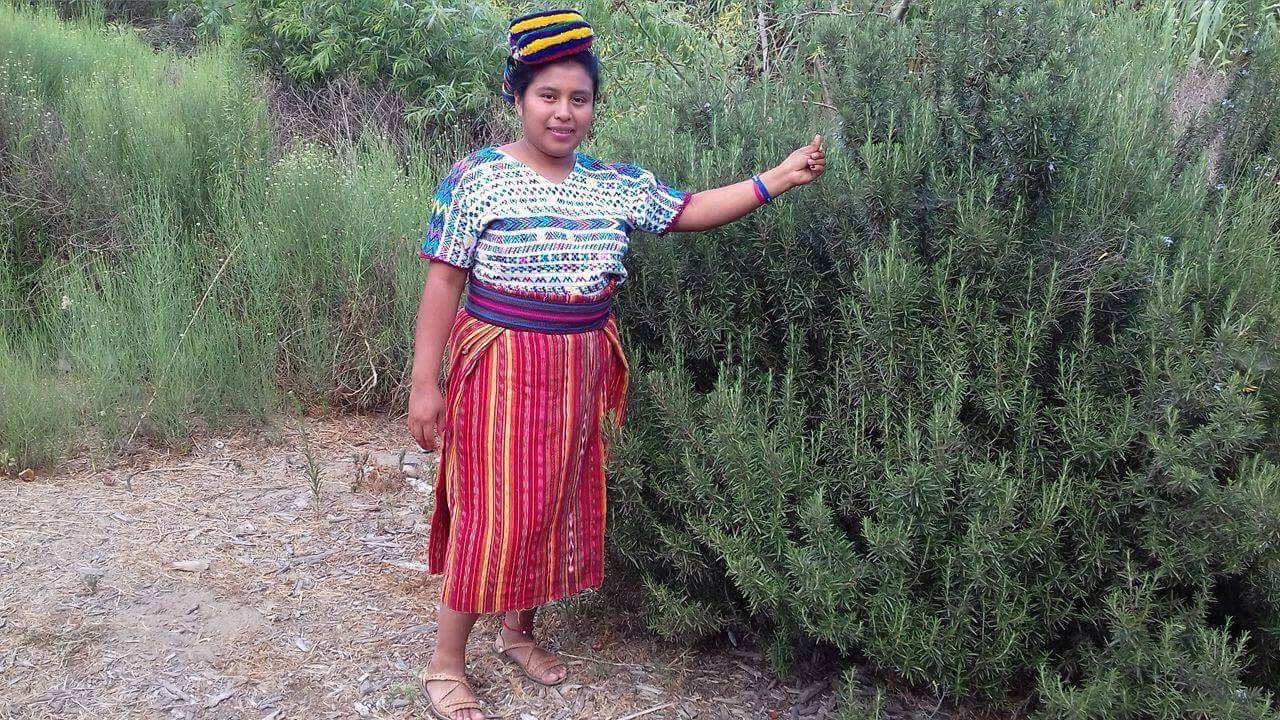Sustainable Alternatives
In 2002, I went to Guatemala to start a garden project with widows from Guatemala’s civil war. Our goal was to provide an alternative to international aid programs that promoted high-input agriculture dependent on chemicals, fertilizers, and expensive hybrid seeds.
We started by planting native and medicinal plants, and helped bring back many highly nutritious Maya food crops and medicines like amaranth, native corns, beans, and vegetables such as Chipilin and Macuy (Hierba Mora).

The sustainable and seed production we reintroduced has helped Mayan families break their dependency on Western aid projects and government handouts and has reduced seasonal work migration to large plantations and urban factories.
A New Organization
We helped farmers and families in the villages around Rabinal organize their own association: Qachuu Aloom “Madre Tierra” — The Mother Earth Association.
In order to continue our work we needed the help and financial support of the public, so we founded the Garden’s Edge in 2007.
Thanks to our generous supporters, we have been able to keep working in Guatemala, and to expand into other communities.

Seeds and Their Story
Conventional aid projects in Guatemala (and around the world) provide farmers with hybrid seeds. Unlike traditional seed, farmers cannot save seed from hybrid plants, which means they become dependent on aid organizations and foreign corporations to provide expensive seeds. This practice also leads to the loss of traditional crops and biological diversity.
This inspired our journey to find and reintroduce traditional Mayan seed varieties that had fallen out of use. We started with a few handfuls of seeds collected from elders who had packed them away in dusty jars, or had stored them between roof tiles.
This collection included native varieties like Macuy, Chipilin, and Amaranth.
Twelve families planted these seeds in their small home gardens. Each family left a portion of their vegetables to go to seed, and ate or sold the rest. After the first year’s harvest, each family had enough seeds to re-plant their garden, donate some seed to their neighbors, and sold the excess back to the project.
We had no idea what to do with these seeds, but knew they were precious, so we stored them in empty juice bottles and homemade paper envelopes.
The next year a few more families wanted to join because they saw their neighbors breaking their dependency on outside aid and making some extra money to provide for their families.
We happily opened the jars and shared seed with them.
We now work with over 400 seed growers and have brought back many varieties that had almost completely disappeared from the area.
Farmers can now plant year after year without relying on foreign aid. In fact, the seeds they grow are now sold to some of the very aid organizations that were once part of the problem, teaching them to develop more sustainable programming.
Conventional aid projects in Guatemala (and around the world) provide farmers with hybrid seeds. Unlike traditional seed, farmers cannot save seed from hybrid plants, which means they become dependent on aid organizations and foreign corporations to provide expensive seeds.
This practice also leads to the loss of traditional crops and biological diversity.
